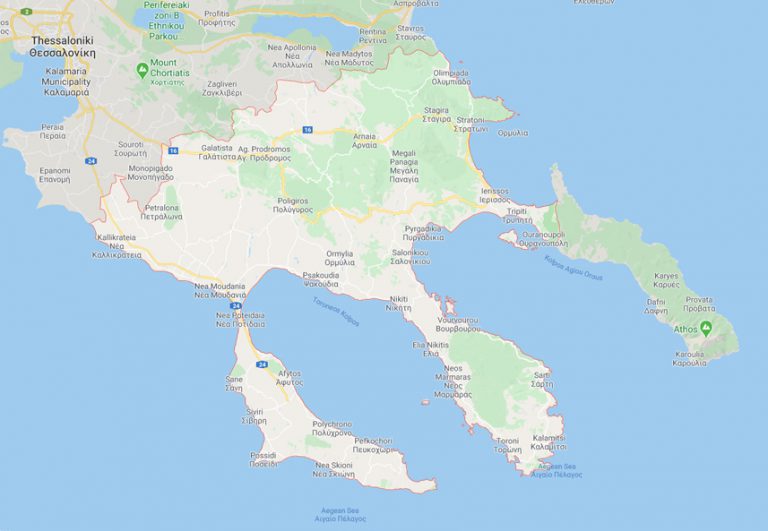
- Home
- Where To Stay
- Places to Visit
arrow_drop_down
- Things To Do
arrow_drop_down
- About
arrow_drop_down
Halkidiki is rich in traditions and customs of all kinds, with popular festivals and feast days attracting large numbers of visitors all year round. Whether it is festivals of local produce in summer, the popular festivities surrounding local saints’ days or carnival and Easter celebrations, there is always an excuse to spend some time in this earthly paradise!
Nea Fokaia
Three days of festivities at the end of June, in honour of the Apostle Paul (28-30 June), as well as the celebrations on 14 July to commemorate the arrival of the first refugees from Asia Minor.
Nea Moudania
The sardine festival in the middle of July.
Olynthos
The olive festival in the last three days of July.
Olympiada
The mussel festival on 6-7 July, feast days of Agia Kyriaki.
Ierissos
A traditional festival with food and wine, on 20th July – feast day of the Prophet Elijah.
Mavro Aloni
This is the location in Ierissos where, in 1821, during the uprising in Halkidiki, the Turks slaughtered 400 local people at the orders of Sidik Yusuf Bey. Every year the massacre is commemorated on the third day of Easter, with a service followed by a special dance, known as the kangeleftos, a recreation of the slaughter, and songs full of the people’s longing for freedom. The religious ceremonies begin in the main church of the village and then feature a procession led by the priests, with the icon of the Resurrection, banners and the national flag, making its way to Aloni to the sound of chanting and the beating of the wooden prayer board. There is also a festival at Vavdos on 20 July, on the feast day of the Prophet Elijah.
Nea Roda
Sardine festival on the last Monday in July.
Vrastama
Raki festival on 14 and 15 August.
Arnaia
The town celebrates the feast days of Agia Paraskevi on 26 July and Agios Panteleimon on the following day, both rich and varied folk events. On Easter day in the village square the local people revive the old Easter Kiosk tradition, in which girls from dance troupes dressed in traditional costumes regale visitors with painted eggs, pies, buns and wine, wishing them a Happy Easter and exchanging the traditional greeting ‘Christ is Risen’. On the following day there is the tradition known as the zygisma, and on the third day of Easter the ritual known as the Koutsamanoi, in which local people ride on horseback and in traditional costume up the hill to worship the icons and join in the traditional dancing. There is then a shooting contest, using suspended red eggs as the targets, and once that is over they come down to the Chapel of Agia Paraskevi for more dancing and feasting.
Taxiarchis
Mushroom and fir festivals at the beginning of September.
Agios Mamas
There is a particularly interesting merchants’ fair from 1-5 September, accompanied by all sorts of cultural events.
Nikiti
Three-day traditional festival to mark the feast day of Nikitas Megalomartyras, on 15th September.
Polygyros
There is a local celebration on 17th May to commemorate the declaration of the uprising in Halkidiki. The best-known feast days are those of the Virgin (15 August), Agios Nikolaos Orfanos (20 June) and the Prophet Elijah (20 July).
On 18 October the town celebrates the anniversary of its liberation from Ottoman rule in 1912. It is also well known for its carnival celebrations, going back to the 1950’s. On Carnival Sunday wine and food are provided for the revelers as they watch the floats go past in the carnival parade. (www.poligiros.gr).
Stratoni
Carnival parades with floats have been staged in recent years in the district of Stratoni, in the Municipality of Aristotelis. (www.carnivalstratoniou.gr).

